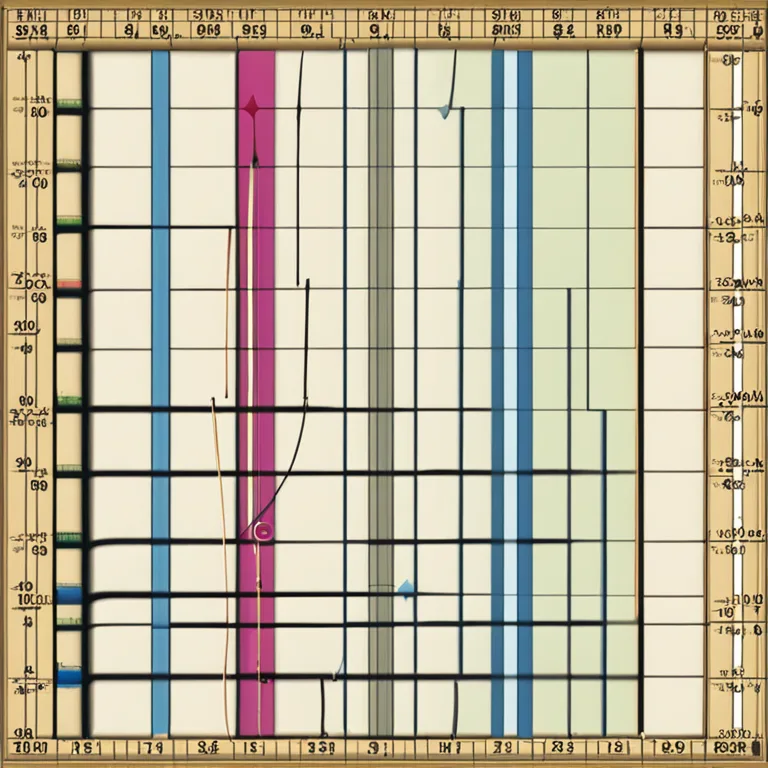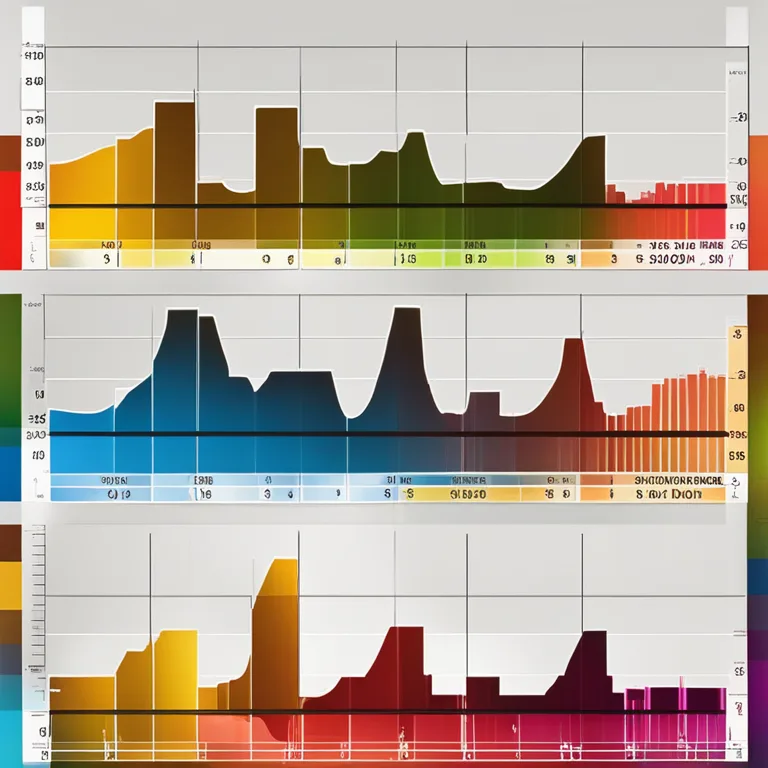
The Science Behind Biorhythm Calculations
Delving into how biorhythms are calculated to understand our physical, emotional, and intellectual cycles better.
article by Adrian Wallace
Introduction to Biorhythms
Understanding our biorhythms can offer a fascinating insight into the ebbs and flows of our physical, emotional, and intellectual states. The concept of biorhythms suggests that our lives are influenced by biological cycles that begin at birth and influence our capabilities throughout our lives. These cycles purportedly affect our day-to-day experiences and abilities, although scientific consensus on the impact of biorhythms on human life varies. Here, we shed light on the processes involved in calculating these intriguing patterns.

The Three Primary Cycles
Three primary biorhythms—physical, emotional, and intellectual—are said to govern human functioning. These cycles repeat for each individual in distinct patterns, with the physical cycle lasting 23 days, the emotional cycle spanning 28 days, and the intellectual cycle completing in 33 days. Calculating your personal biorhythms involves determining where you are in each of these cycles at any given time, based on your date of birth.

Starting Point: Date of Birth
To calculate an individual's biorhythms, the starting point is the person's date of birth. Each cycle is measured from this date, with Day 0 referring to the birth date. From there, the count starts, and each cycle's wave progresses in a sinusoidal pattern, rising to a peak, descending through a low phase, and back again. The calculations track the number of days you've lived and determine how far along each biorhythm cycle you are.

Mathematical Calculations
The mathematical approach to biorhythm calculation involves trigonometric functions. For each cycle, the number of days lived is divided by the cycle's period (23 for physical, 28 for emotional, and 33 for intellectual), and the remainder determines the position within that cycle. Using the sine function, one can calculate the value of the biorhythm for any given day, which results in a waveform representing the high and low points for that particular cycle.

Interpreting the Cycle Positions
Each biorhythm wave oscillates between positive and negative phases, where a positive phase suggests greater-than-average potential in the corresponding area (physical, emotional, or intellectual), while a negative phase might indicate a period where extra caution or rest might be beneficial. Days when the cycle crosses the zero line, moving from positive to negative or vice versa, are considered critical days, as they can signify times of unpredictability or transition.
Software and Biorhythm Apps
With the advent of modern technology, manual calculations have largely given way to digital analysis. A variety of software programs and mobile applications can now calculate your daily biorhythm chart. Users typically just need to enter their birth date, and the software does the rest, providing a graphical representation of the three primary cycles and, in some cases, additional secondary cycles like the intuitive, aesthetic, and spiritual biorhythms.
The Relevance Today
While the scientific community has debated the empirical validity of biorhythms, the concept continues to captivate many who see it as a tool for self-reflection and personal insight. In the era of personalized wellness and self-quantification, biorhythms offer another layer to explore in understanding oneself and planning for periods of high activity or rest. Despite the mixed evidence regarding their efficacy, biorhythm calculations are a staple of the modern intersection of personal wellness and technology.
Published: 12/28/2023
Modified: 12/28/2023
More predictions
Come back here soon to learn more about yourself and your future


Navigating Biorhythm Cycles
Explore the concept of biorhythms, their cycles, and examples of how they influence our daily lives.


Unlocking Your Body's Natural Clock
Explore the intriguing world of biorhythms and discover how they influence your physical, emotional, and intellectual states.


Biorhythm Theory: Fact Or Fallacy?
Explore the fascinating concept of biorhythms to discern if there's any scientific accuracy behind this popular belief.